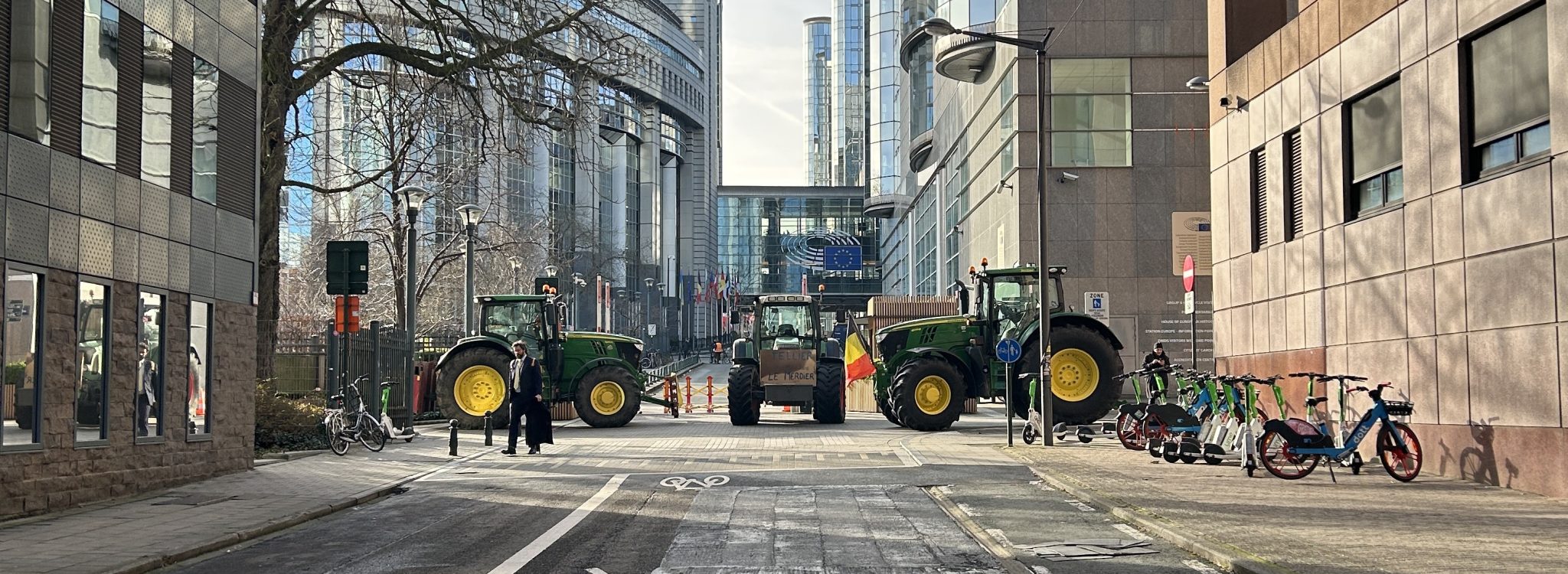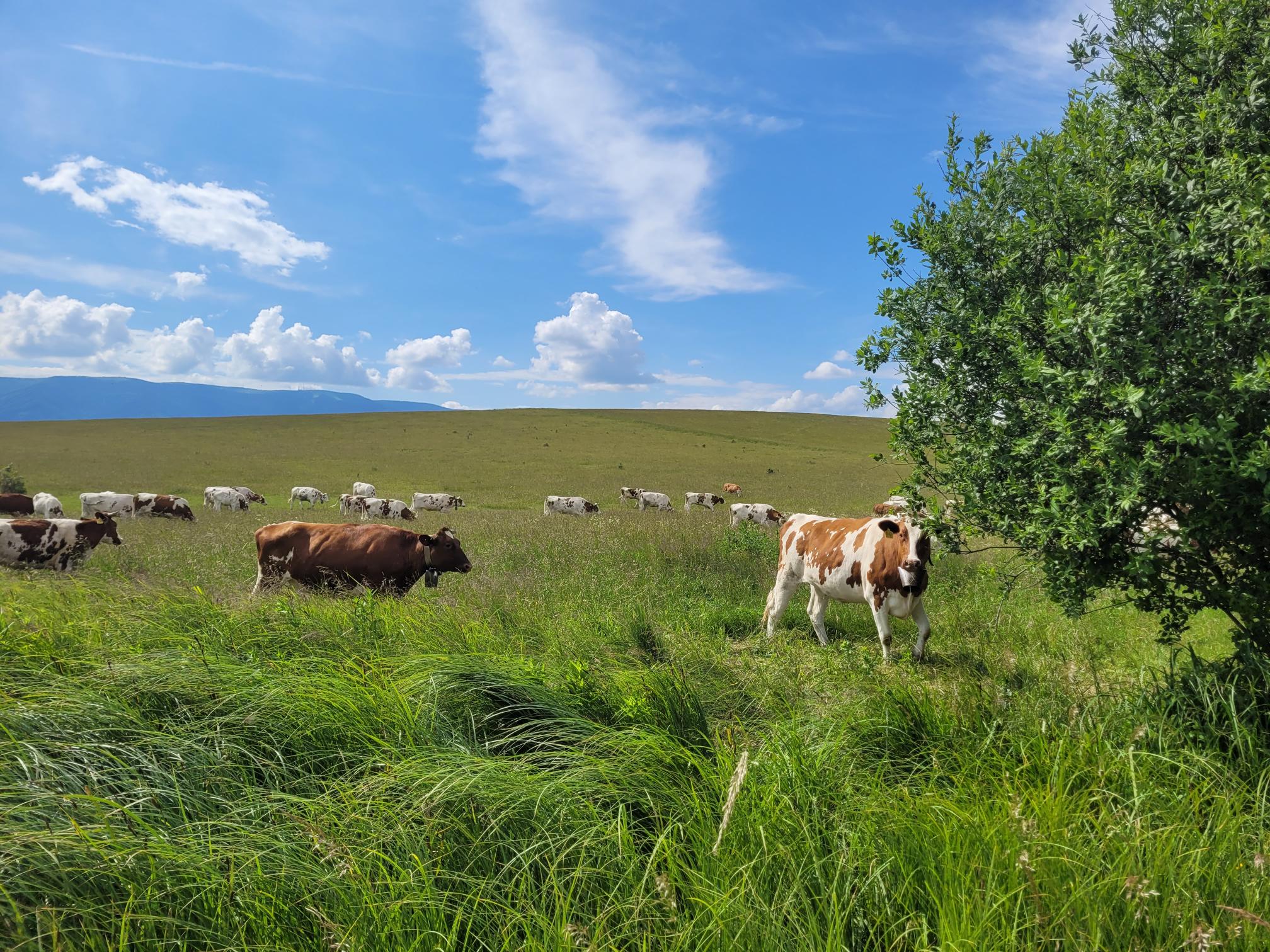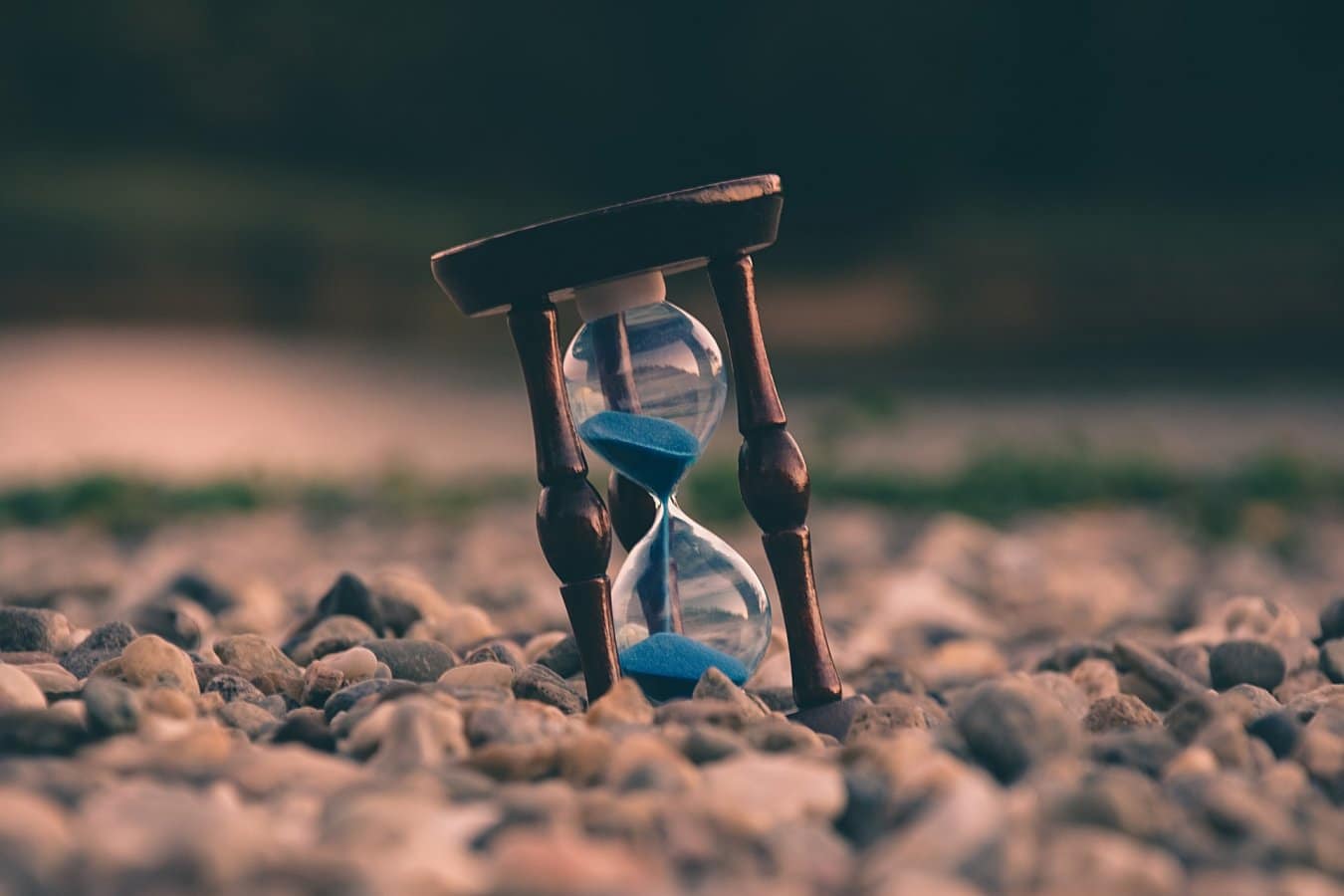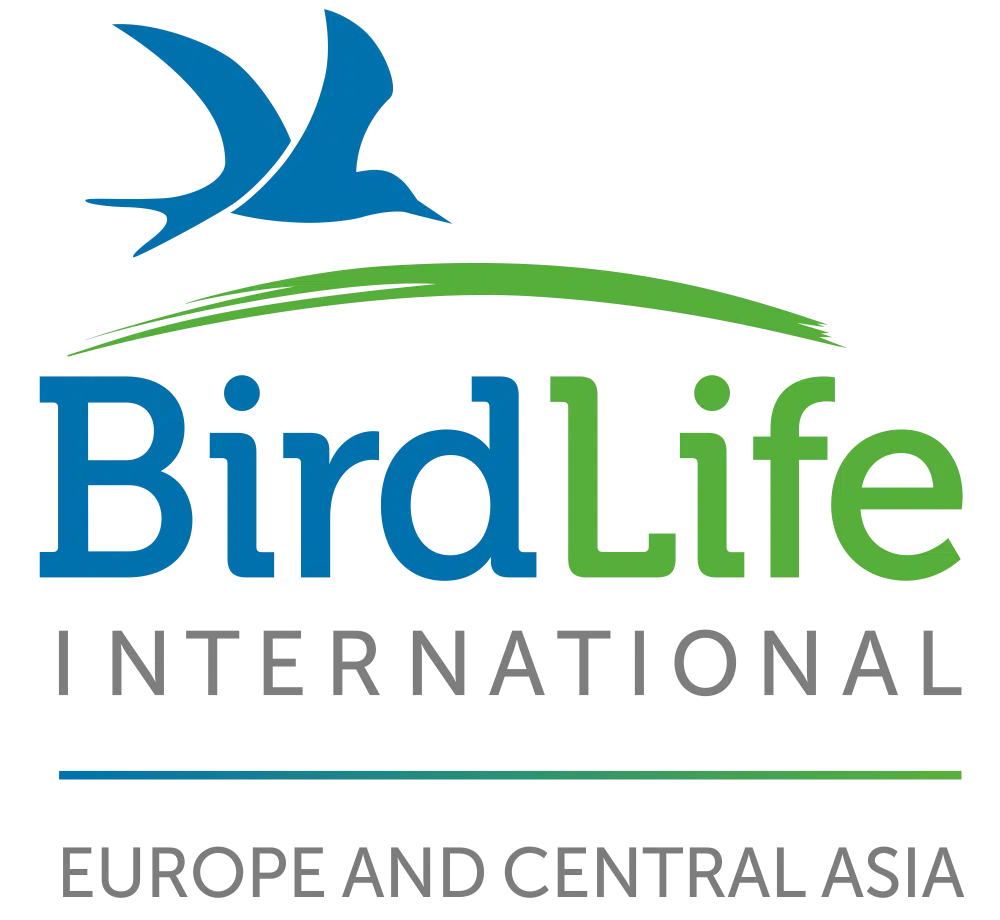The real deal behind Europe’s farmer protests
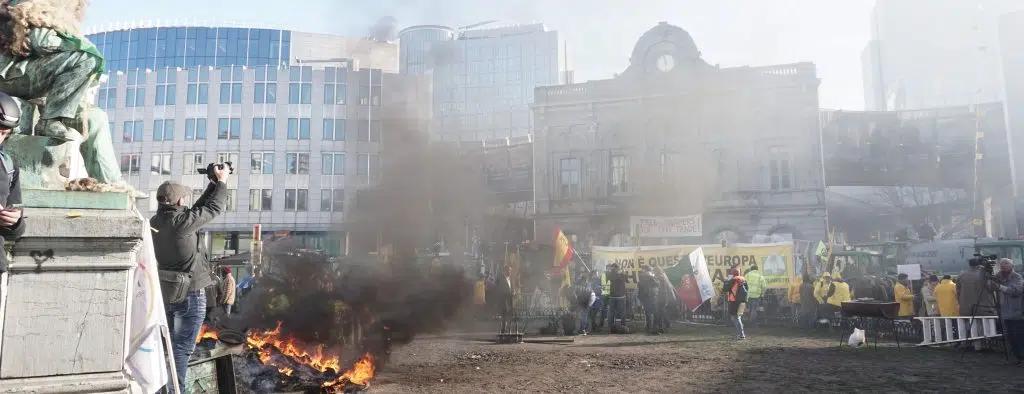
From spraying manure on public buildings to tractors blocking roads and causing traffic jams stretching for miles, it’s been making headlines all over. Farmers across Europe are discontent, and while the cause differs between countries, the overall message is clear: they demand better recognition and pay for their work.
But the story is not that simple.
Let’s be clear: money is not the problem. A third of the EU’s budget, €386.7 billion euros between 2021 and 2027 of taxpayer money, goes to farmers. But here’s the catch, farmers are rewarded with subsidies based on the number of hectares they cultivate. The result? About 80% of the EU farming budget goes to roughly 20% of farmers – the biggest and richest.
With the European elections in sight, conservative and far-right parties are seizing the opportunity to become the self-appointed saviours of farmers. Together with powerful agri-unions representing big farmers and cooperatives, they continue blaming the limited and poorly enforced environmental legislation the EU has in place for all challenges farmers face. A false, but convincing, narrative that has already swayed the European Commission to backtrack on the obligations farmers have to dedicate 4% of space for nature on their farms (in exchange for their area-based subsidies).
But lowering green measures only adds fuel to the (climate) fire. It’s putting all of us at risk, especially farmers themselves, whose yields are already affected by the ever-increasing droughts, fires, and floods ravaging our continent.
Enter, the real problem
The Common Agriculture Policy (CAP) is supposed to safeguard the livelihood of EU farmers, but it is instead one of the root causes behind the decline of small farms. Between 2005 and 2020, the number of farms in the EU decreased by almost 40%, forcing approximately 5.3 million farmers out of business. The vast majority of these were small farms, covering less than five hectares of land. So, it’s clear that there are bigger problems with this policy and that granting farmers derogations on the little green measures it contains is not the way forward. And despite their claims to represent all European farmers, lobby group COPA-COGECA which ruthlessly shoots down any environmental measures proposed by the EU, does not truly represent the majority of farmers. The reality is that they couldn’t care less about small-scale and young farmers, as exposed in this recent report. This is probably why they have consistently blocked any redistribution of CAP subsidies among farmers.
The actual solutions
Without nature there is no farming. Contradictorily, the way we farm is currently one of the major drivers of biodiversity loss in the EU. As bird-experts, let us point out that in the last 40 years, we have lost over 50% of European farmland birds. But farmers desperately need biodiversity. On the most basic, elementary level, we all know farms need pollinators for their crops to grow, and birds to keep rodents and pest insects in check. They can also do without drought, floods and fires. Their livelihood depends on healthy soils, and the reality is, to have that, you need biodiversity. So yes, a thoughtful implementation of sound environmental legislation is essential.
Conservative and far-right politicians promise to restore farmers’ security and stability. But the harsh reality is that there can be no stability in times of climate change. Farmers are already grappling with shortages of water, soil erosion, and extreme weather events. Most farmers will have to change in the next couple of decades more than in the previous 50 years. If we choose not to support the change, we’ll endure it, and farmers will suffer more. What we really need is a profound and comprehensive transformation of our food system. No, it won’t be easy. But the consequences of continuing business as usual will be much more uncomfortable than a few people having to admit their mistakes.
It is long overdue that we all come together, address the real issues, and stop prioritizing the profit of a few over the well-being of our society.
Written by Caroline Herman
You might also be interested in:
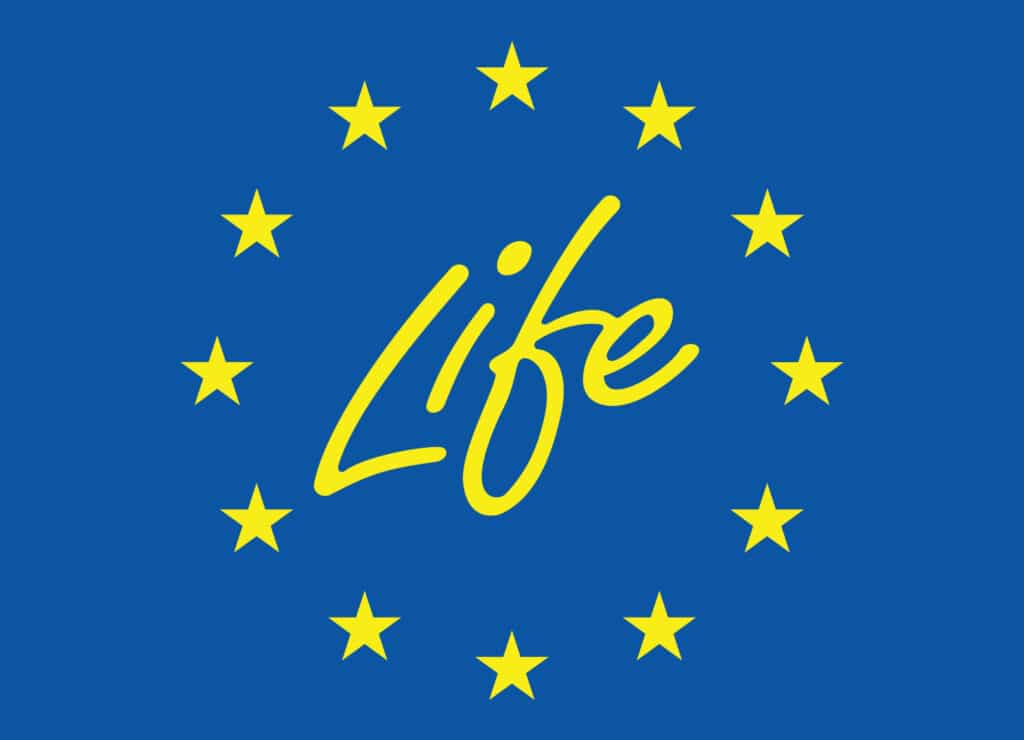 | Stichting BirdLife Europe gratefully acknowledges financial support from the European Commission. All content and opinions expressed on these pages are solely those of Stichting BirdLife Europe. The European Commission is not responsible for any use that may be made of the information it contains. |
